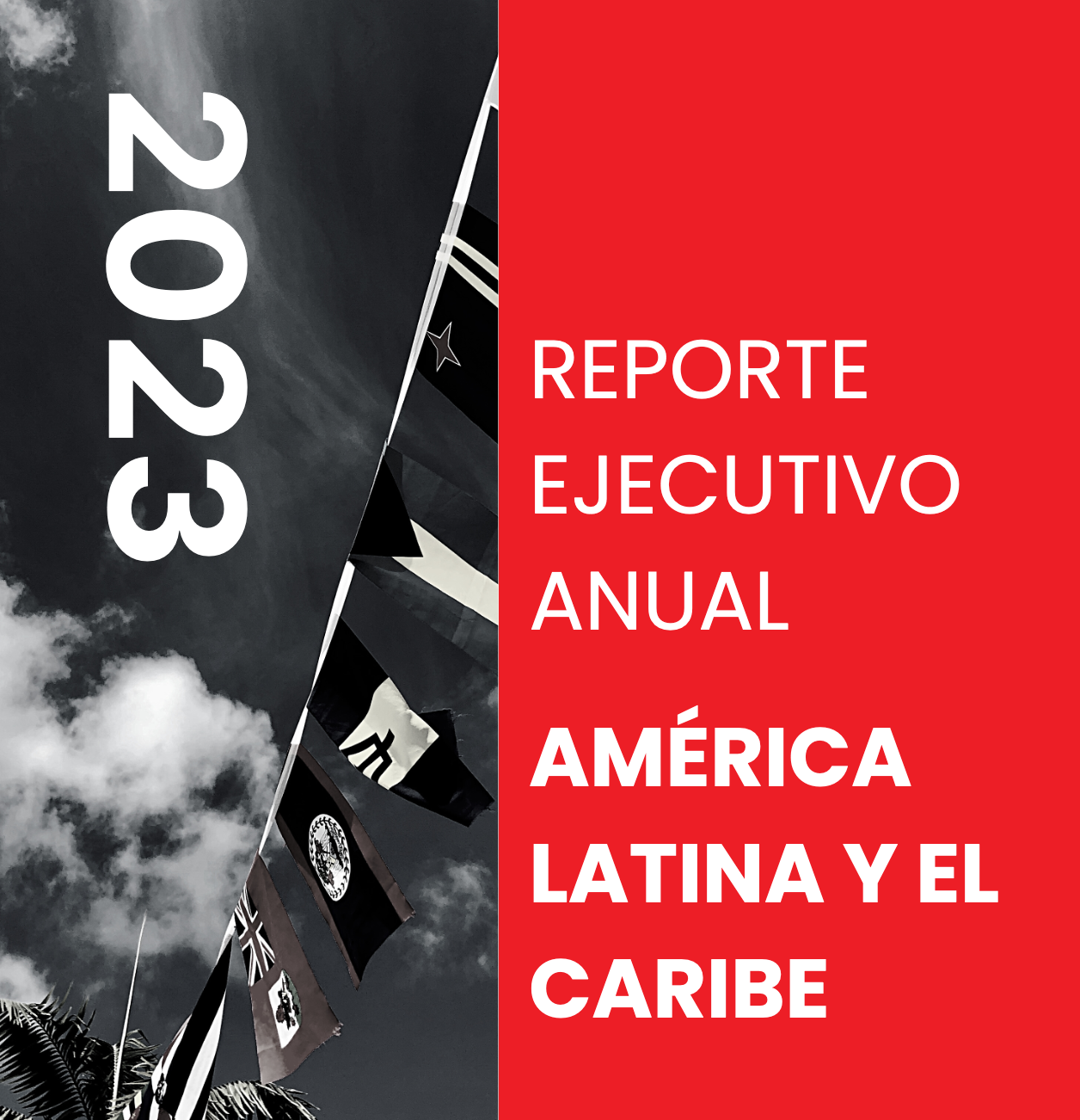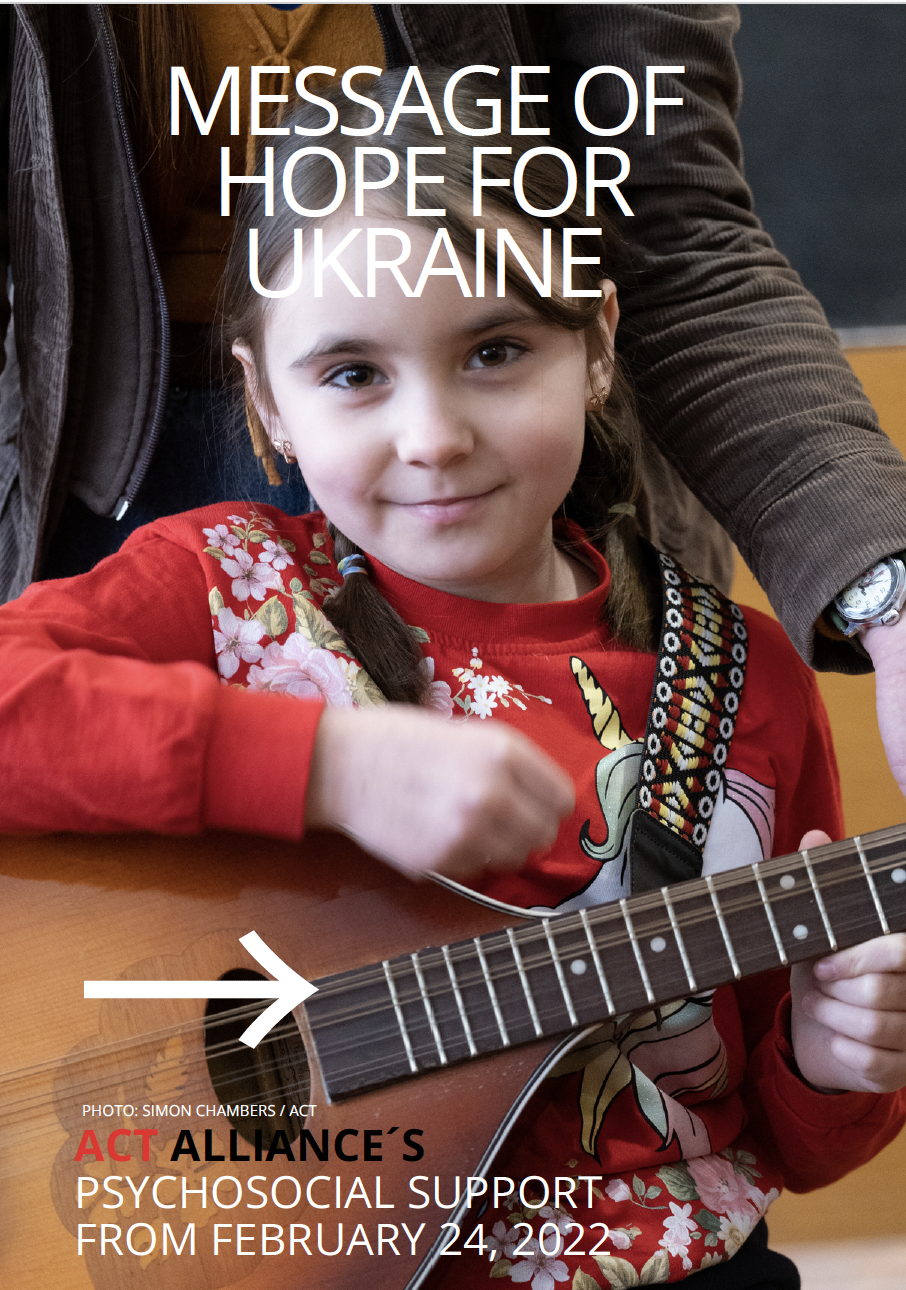The ACT Alliance’s audit results can be found here.
The ACT Alliance’s audit results can be found here.

“In 2022, the lingering effects of the COVID-19 pandemic, the existential threat of climate change, and the impact of ongoing conflicts were exacerbated by the war in Ukraine,” says Rudelmar Bueno da Faria, ACT General Secretary in his 2022 Annual Report message. “Despite these challenges, ACT and its members were able to consolidate our work as a relevant and cohesive faith-based alliance.”
The 2022 issue of the ACT Alliance Annual Report has special features on the work of ACT’s MENA region and ACT’s global advocacy programme. You will find out more about the work of other ACT regions and members as well as about 2022’s activities on Climate Justice, Migration and Displacement, Gender Justice and ACT’s other programmes.
You’ll also find news on ACT’s engagement at the World Council of Churches General Assembly, our new joint ACT/WCC publication on ecumenical diakonia, and our work to combat vaccine inequity.

ACT Latin America and the Caribbean region: Executive Report 2023 in English and Spanish, download below.
Spanish Executive Report 2023, LAC Region
English Executive Report 2023, LAC Region
We are pleased to share with you the final report of our event “TOWARDS JOINT ACTION 2.0” held in the Dominican Republic last September. The report was prepared by the Regional Office and was submitted for comments by the participating members. You will also find an infographic with the key points of this process that began in February in Bogota.
Once again we are grateful for the commitment of all those who participated and made this event possible to bring us closer to the Caribbean, fulfilling our goal as an Alliance to leave no one behind. We will now continue to work tirelessly to accomplish the new agreements towards the protection of the rights of people in human mobility in our region.
Tenemos el gusto de compartir con ustedes el reporte final de nuestro evento “HACIA LA ACCIÓN CONJUNTA 2.0” desarrollado en República Dominicana el pasado mes de septiembre. El reporte fue elaborado por la Oficina Regional y fue sometido a comentarios por parte de los miembros participantes. Encuentran también una infografía con los puntos clave de este proceso que empezó desde febrero en Bogotá.
Nuevamente agradecemos el compromiso de todas aquellas personas que participaron e hicieron posible este evento para acercarnos más al Caribe, cumpliendo nuestro objetivo como Alianza de no dejar a nadie atrás. Ahora continuaremos trabajando incansablemente por cumplir los nuevos acuerdos para la protección de los derechos de las personas en movilidad humana en nuestra región.
Please use the above links to download the version (English EN or Spanish ES) you prefer.
Posted Monday, October 16, 2023.

This booklet about ACT’s humanitarian work around the war in Ukraine focuses on ACT members’ work in psychosocial support to people and communities impacted by the ongoing conflict. Download it here.
A revised ACT Forums Policy was adopted by the Governing Board in 2018, effective as of January 1, 2019. National and regional forums have been part of the ACT structure for a long time, but their functioning was not uniform, and their work was mainly related to coordination and cooperation around humanitarian work. With the advent of the new ACT Global Strategy 2019-2026 and the Membership and Engagement Model (effective as of 2020), ACT Alliance seeks to leverage the cohesion, effectiveness and relevance of the alliance by having the national and regional forums at its core. The major changes in the ACT Forums Policy are intended to ensure strong, cohesive and functional national and regional forums, as well as to express the new strategic direction we want to go in as an alliance.
National, Sub-Regional and Regional Forums Policy (2018) EN